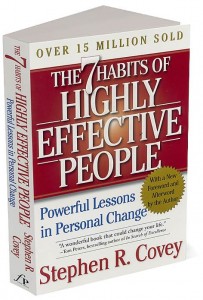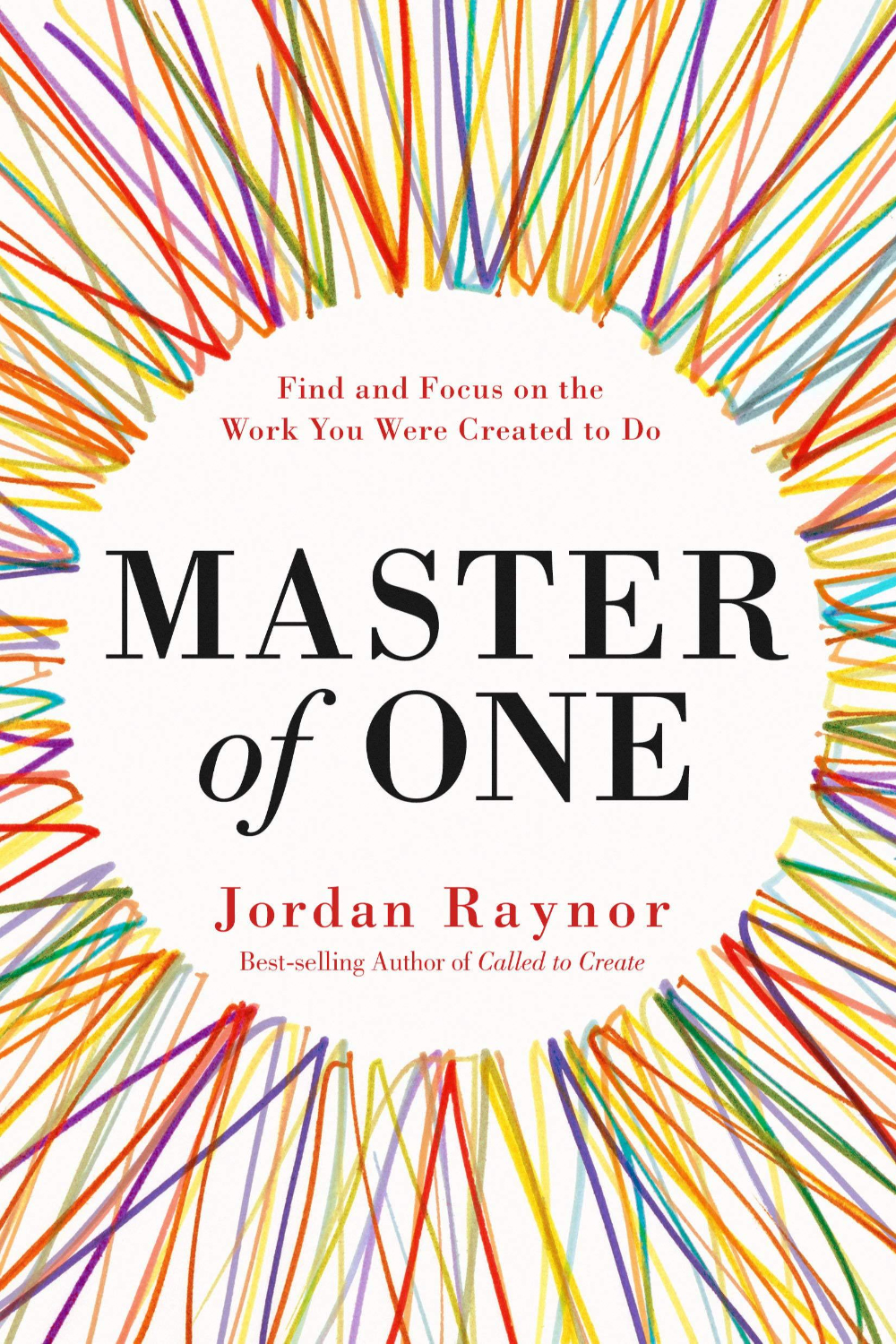I’ve read The 7 Habits of Highly Effective People by Stephen Covey in whole or in part several times over the past few years. This past weekend, I read it again from cover to cover as I prepare for the start of the school year at North Cobb Christian School. Even though Covey and I don’t see eye to eye on our worldview, he is a Mormon and I am a Christian, it is interesting to see how many biblical principles he incorporates into his 7 habits.
Here are Covey’s 7 Habits:
- Be proactive
- Begin with the end in mind
- Put first things first
- Think win/win
- Seek first to understand, then to be understood
- Synergize
- Sharpen the saw
This book is a great read for leaders who want to leverage their influence in a way that will truly benefit those around them. This is the first time I have highlighted this book while reading, so I am posting my highlights below…
- If I try to use human influence strategies and tactics of how to get other people to do what I want, to work better, to be more motivated, to like me and each other–while my character is fundamentally flawed, marked by duplicity and insincerity–then, in the long run, I cannot be successful.
- Listening involves patience, openness, and the desire to understand–highly developed qualities of character.
- Albert Einstein observed, “The significant problems we face cannot be solved at the same level of thinking we were at when we created them.”
- Our character, basically, is a composite of our habits. “Sow a thought, reap an action; sow an action, reap a habit; sow a habit, reap a character; sow a character, reap a destiny.”
- Proactive people make love a verb.
- One way to determine which circle our concern is in is to distinguish between the have’s and the be’s. The Circle of Concern is filled with the have’s. The Circle of Influence is filled with the be’s–I can be more patient, be wise, be loving. It’s the character focus.
- Knowing that we are responsible–“response-able”–is fundamental to effectiveness.
- “Begin with the end in mind” is based on the principle that all things are created twice. There’s a mental or first creation, and a physical or second creation to all things.
- We are free to choose our actions, based on our knowledge of correct principles, but we are not free to choose the consequences of those actions.
- “Things which matter most must never be at the mercy of things which matter least.” Goethe
- Urgent means it requires immediate attention.
- Importance has to do with results.
- You simply can’t think efficiency with people. You think effectiveness with people and efficiency with things.
- Frustration is a function of our expectations, and our expectations are often a reflection of the social mirror rather than our own values and priorities.
- Trust is the highest form of human motivation.
- One of the most important ways to manifest integrity is to be loyal to those who are not present. In doing so, we build the trust of those who are present. When you defend those who are absent, you retain the trust of those who are present.
- “Seek first to understand” involves a very deep shift in paradigm. We typically seek first to be understood. Most people do not listen with the intent to understand; they listen with the intent to reply.
- If you don’t have confidence in the diagnosis, you won’t have confidence in the prescription.
- “I take as my guide the hope of a saint: in crucial things, unity–in important things, diversity–in all things, generosity.” Inaugural address of President George H.W. Bush
- “Sometimes when I consider what tremendous consequences come from little things…I am tempted to think…there are no little things.” Bruce Barton
- Balanced renewal is optimally synergetic. The things you do to sharpen the saw in any one dimension have positive impact in other dimensions because they are so highly interrelated.
- There is a gap or a space between stimulus and response, and the key to both our growth and happiness is how we use that space.


